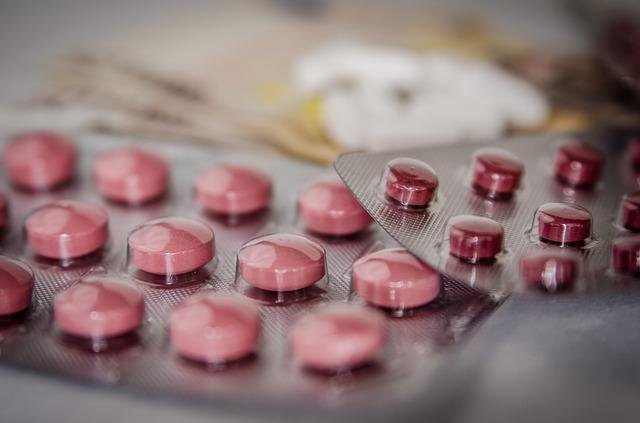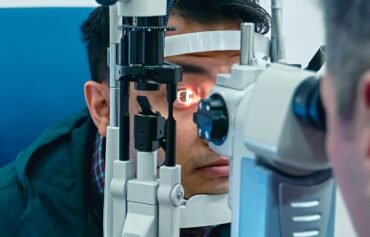The scientific definition of testosterone is “a steroid hormone generated primarily in the testes, but also in the ovaries and adrenal cortex, that promotes the development of male secondary sexual traits.” Testosterone is one of the key male hormones. Men with higher levels of testosterone usually have greater sexual activity and energy than the ones with low testosterone levels in men.
Low testosterone in men is becoming a bad trend and all thanks to the growing stressful environment and bad eating habits.
Here I will be listing out the 7 Easy Ways To Increase Testosterone Levels Naturally.
Sleep well to increase testosterone levels

Sleep deprivation can have a negative impact on the levels of hormones and chemicals that the body requires to function properly, including testosterone.
Testosterone levels can drop in men who don’t get enough sleep, according to a study from the University of Chicago Trusted Source.
Ten healthy 24-year-old men slept for 8 hours per night at home for one week before spending the next 11 nights in a lab. They slept for 10 hours per night for three nights, then only slept for 5 hours for the next eight nights. During the last night they slept 10 hours, as well as during the sleep-restricted period, doctors examined their blood every 15 to 30 minutes.
The researchers discovered that after just one week of sleep deprivation, testosterone levels in the daytime plummeted by up to 15%. Normal aging, on the other hand, results in a 1% to 2% reduction in testosterone per year.
Maintaining testosterone levels may be as simple as prioritizing sleep. Sleeping for at least 7 to 8 hours per night is recommended. Anyone who has trouble sleeping well on a regular basis should consult their doctor.
Also Read : Do You Breathe the Correct Way? Here are the 5 best breathing techniques for anxiety
Balanced diet for normal testosterone levels

The food you eat has a significant impact on testosterone and other hormone levels.
As a result, you must be mindful of your long-term calorie consumption and diet strategy.
Dieting or overeating on a regular basis might cause testosterone levels to drop.
Eating adequate protein can help you maintain healthy levels and lose weight, both of which are linked to testosterone.
Carbohydrate consumption also plays a role, with evidence indicating that carbs can assist boost testosterone levels during resistance training.
However, research shows that eating enough healthy fats is good for testosterone and overall health.
The optimal diet is one that consists primarily of whole foods and has a balanced fat, protein, and carbohydrate balance. This can help to improve hormone levels as well as long-term health.
Exercise and Lift Weights

Exercise is one of the most efficient ways to prevent many diseases associated with a sedentary lifestyle. Surprisingly, it can also increase testosterone levels.
Regular exercisers had higher testosterone levels, according to comprehensive review research. Exercise boosts testosterone levels, fitness, and reaction time in the elderly.
Increased physical activity, rather than a weight loss plan, appears to be more effective in raising testosterone levels in obese men, according to new research.
Lifting weights is the best sort of exercise for increasing testosterone in the short and long term.
Although all types of exercise should work to some extent, high-intensity interval training (HIIT) can be particularly beneficial.
Caffeine and creatine monohydrate pills, when paired with a fitness program, may help to enhance your levels even more.
Reduce Stress

Long-term and chronic stress is harmful to the body and can cause a variety of problems.
Cortisol, a stress hormone, rises in response to stress. Cortisol levels that are too high have a deleterious impact on testosterone. Stressful experiences were linked to irregular testosterone levels in males, according to a 2016 study.
While under exam stress, 58 male and female medical students filled out questionnaires and provided saliva samples in the two months leading up to their final exams.
Under exam stress, the men in the study had much higher salivary testosterone levels, but the women had significantly lower testosterone levels.
The stress reaction in male study participants was associated with hostility, emotional restraint, and rumination, according to the researchers, which could explain the gender disparities.
Vitamin D for free testosterone levels

Vitamin D is gradually becoming one of the most widely used vitamins on the planet and the one which is freely available.
It has been demonstrated in studies to provide a variety of health advantages and may possibly act as a natural testosterone booster.
Despite its importance, approximately half of the population in the United States is Vitamin D deficient, with an even higher percentage having suboptimal levels.
A 12-month study discovered that taking roughly 3,000 IU of vitamin D3 per day boosted testosterone levels by about 25%.
Vitamin D and calcium also improved testosterone levels in the elderly, lowering the chance of falling.
Try to obtain frequent sun exposure to raise testosterone and gain the other advantages of vitamin D.
Avoid drugs and alcohol abuse

Lower testosterone has been connected to drug and alcohol abuse.
Alcohol abuse affects the glands and hormones involved in male reproductive health, according to the National Institute on Alcohol Abuse and Alcoholism.
Furthermore, the consequences of alcohol on the body, such as hormonal reactions and cell damage, might induce low testosterone levels.
Examine Your Drugs

Prescription drugs can help with a range of health problems, but they’re also one of the most common causes of low testosterone.
Statins, which are cholesterol-lowering drugs, may work in part by lowering testosterone, according to a study published in BMC Medicine.
Anyone who feels that prescribed drugs are causing low testosterone should discuss their concerns with their doctor.
Takeaway
Testosterone is produced while you are in the womb and aids in the development of the male sex organs.
In males, testosterone is responsible for desire, sperm production, body fat distribution, muscle strength, and the formation of red blood cells. Women’s ovaries and adrenal glands produce testosterone as well, but at substantially lower quantities than men.
People can naturally increase testosterone levels by food and exercise, or supplementation in some situations.
In healthy males, however, there is no indication that testosterone therapy enhances testosterone levels.






This Post Has One Comment